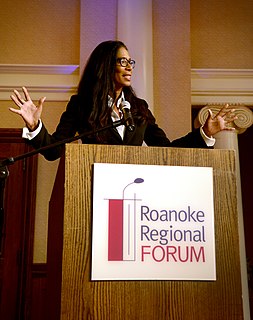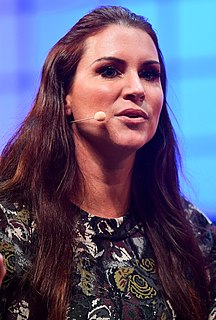A Quote by Judy Smith
Nothing kills a CEO's credibility faster than legal, regulatory, and/or ethical questions.
Quote Topics
Related Quotes
In separating out, say, legal and moral requirements, I tend to work with paradigms rather than strict divisions - eg, paradigmatically, legal requirements are jurisdictionally bound whereas ethical requirements are aspirationally universal; ethical requirements focus especially on intentions whereas legal requirements focus primarily on conduct; ethical requirements take priority over legal requirements; and so on.
Individualism is at once an ethical-psychological concept and an ethical-political one. As an ethical-psychological concept, individualism holds that a human being should think and judge independently, respecting nothing more than the sovereignty of his or her mind; thus, it is intimately connected with the concept of autonomy. As an ethical-political concept, individualism upholds the supremacy of individual rights
Once I graduated college, I did a couple of different sort of unique internship positions, if you will. I spent three months in my mother's office, who was then the CEO of our company, and I really got to just sit in every meeting that she had, and I would write down questions on a yellow legal pad.
Criticism of growth arose with the discovery that growth beyond a certain point is destructive of the earth. We are already using resources much faster than they can be replenished. We are producing wastes much faster than nature's sinks can process them. The growth economy will end. The only questions are when its end will come, and whether humanity will be able to survive its demise.
Modern life... changes no longer century by century, but year by year, ten times faster than it ever has before-populations doubling, civilizations unified more closely with other civilizations, economic interdependence, racial questions, and-we're dawdling along. My idea is that we've got to go very much faster.



































